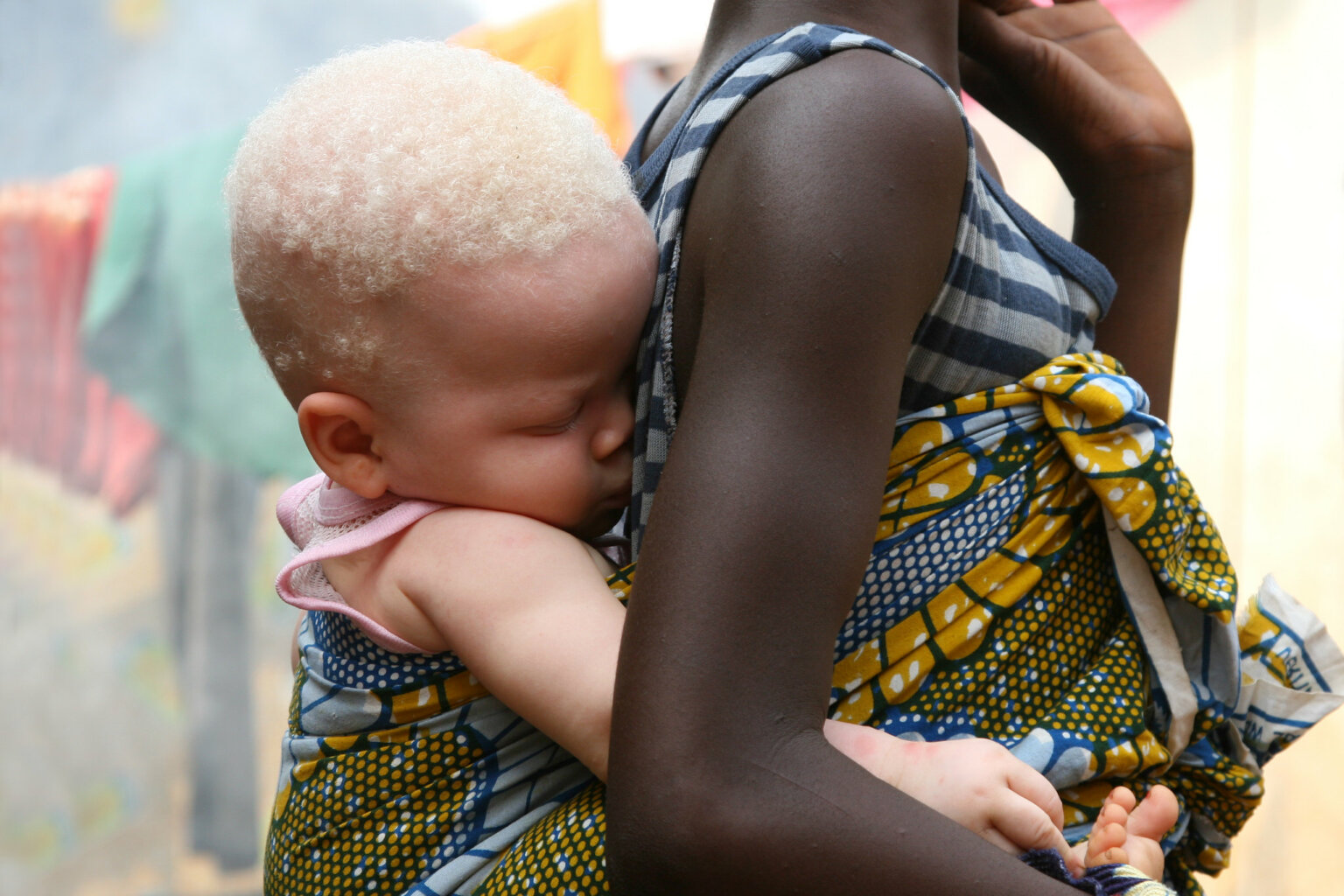- About
- Topics
- Picks
- Audio
- Story
- In-Depth
- Opinion
- News
- Donate
- Signup for our newsletterOur Editors' Best Picks.Send
Read, Debate: Engage.
Across the world, people living with albinism have had to endure persistent discrimination and stigmatisation with the colour of their skin being the subject of ridicule and their lives constantly in danger in what remains a silent human rights crisis that is now spiralling out of control.
In Sub Saharan Africa which has a relatively higher number of people living with albinism than other regions, it is a tough life as they have to contend with attacks, bullying, violence, mockery and even murder.
Traditional practices and superstitions have led some to believe that the body parts of persons with albinism have powers to bring wealth and fortunes which has led to the macabre killings of this vulnerable group. Women with albinism have reported being raped by those who believe they are the cure for AIDS and infertility. With weak legislation and institutions to protect them, fear is their biggest companion. In countries like Malawi, Tanzania, Kenya and Zimbabwe where numerous reports have highlighted a pattern of deaths, persons living with albinism have sought refuge in churches, mosques and even hidden in caves.
And even as they battle these social and cultural challenges, they have had to endure a new wave of discrimination in some countries where they are now being branded ‘corona’ or ‘COVID-19’ and blamed for the spread of the pandemic.
Which is why the recent move by the government of Malawi to declare June a month of Albinism awareness as part of Commemoration of the International Day of Albinism which is celebrated in June, is timely, commendable and should inspire similar moves among the community of nations.
Disturbed by the misinformation and prejudices against people living with albinism, the Malawi government decided to set the sixth month of the calendar to address the myths, give the marginalized group a voice, platform and opportunity to be heard while instituting policies that foster their wellbeing and offer them protection.
In a world where respect for rights and human dignity are at the core of co-existence, no human should feel inadequate due to their biological and genetic composition. The UN Human Rights Council in its 2013 resolution pushed for the prevention of attacks and discrimination against people with albinism. The international community should now walk this talk and introduce more proactive and actionable measures that guarantee persons living with albinism a life that is free of violence, discrimination and fear.
Image by Karl Neilson (creative commons)
